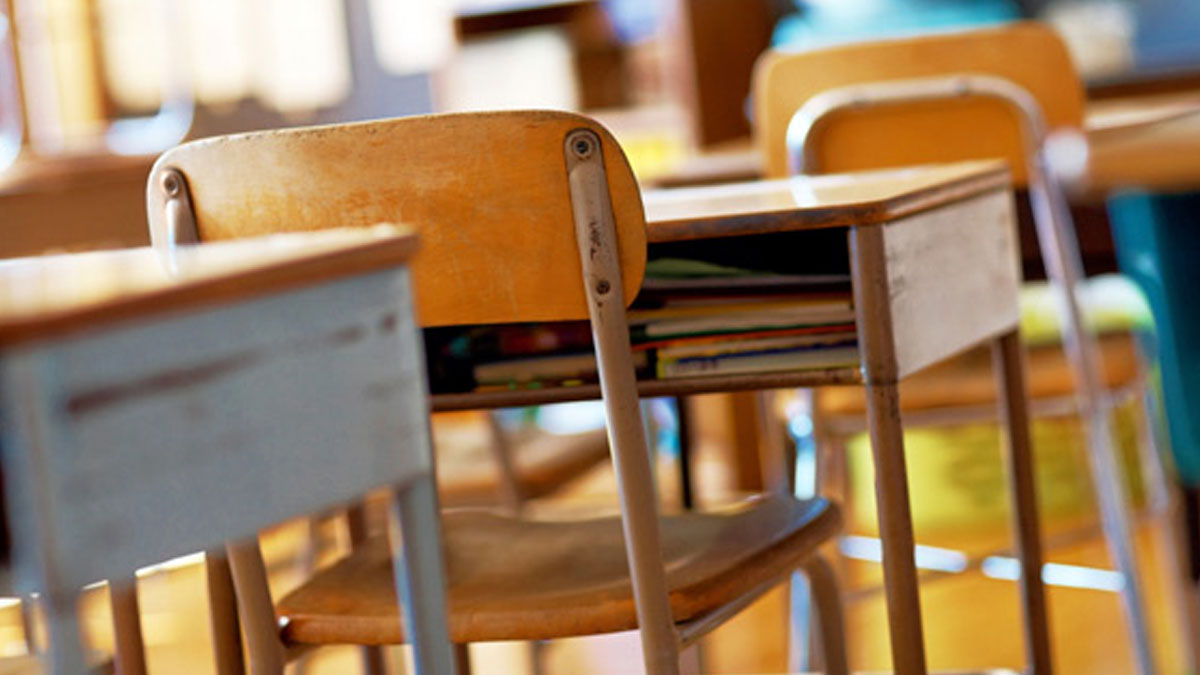
Urgent action needs to be taken as the Minister for Education, Aseri Radrodro confirms English has an average national percentage pass rate of 57 percent in the Fiji 8th Year Exam in the last three years.
Mathematics has also been low for the last three years, achieving 41 percent national pass rate, and Radrodro says they are working on reviewing the teaching contents and also the mathematics paper accordingly.
The Minister assures people that the teams from the Ministry of Education are collaboratively working to improve the Year 8 results.
He says an ongoing review of the curriculum will be conducted to ensure it is relevant, aligned with the needs of the 21st century, fostering critical thinking and problem-solving skills among our students.
They have also set themselves to have strict monitoring of head of schools, whose schools fall under the Hope school category for the last three consecutive years and a circular on this has been sent targeting such schools.
Radrodro confirms they are reviewing the automatic progression of students and school visits will be undertaken targeting individual Hope schools and Follow-Up schools.
He says the national pass rate for the 8th year exam over the last eight years from 2015 to 2024, has shown fluctuation over the years, with a notable decline in 2022 and a significant increase in 2024.
The highest national pass rate for the exam was achieved this year, which is 69 percent. The lowest point was observed in 2022 with the national pass rate of 62 percent.
He says the number of students who sat for the exam in the rural areas was 7,914 and the pass rate was around 66 percent while 11,054 students sat for the exam in urban areas, with the pass rate of 71 percent.
He adds the reason for the fluctuation of results in the 2024 provisional Year 8 exams for the last eight years includes but not limited to are the curriculum changes as the curriculum is not aligned well with the student needs and interest and local context, the high student to teacher ratio, the overcrowded classrooms and reduced individual attention and support for students, poor school management, weak leadership, lack of planning and inadequate monitoring of academic performance.
The Education Minister says the student-related factors include low academic preparedness, students attending Year 8 classes with weak foundation skills in key subjects such as mathematics and literacy, lack of motivation and disinterest in learning or lack of understanding about the importance of education, behavioural issues, disruptions in class or lack of discipline among students and stakeholders, attendance problems, irregular school attendance due to illness, family responsibilities, or lack of interest, parental and family factors, limited engagements of parents in their children’s education such as not monitoring homework or attending school meetings, parents also noted to not be supervising and monitoring their students’ schoolwork at home or homework and there seems to be a need to improve educational issues regarding curriculum reviews, curriculum changes to accommodate the changing needs or the inadequate teacher recruitment and retention strategies.
Stay tuned for the latest news on our radio stations

